Hunting Road Trip Packing List
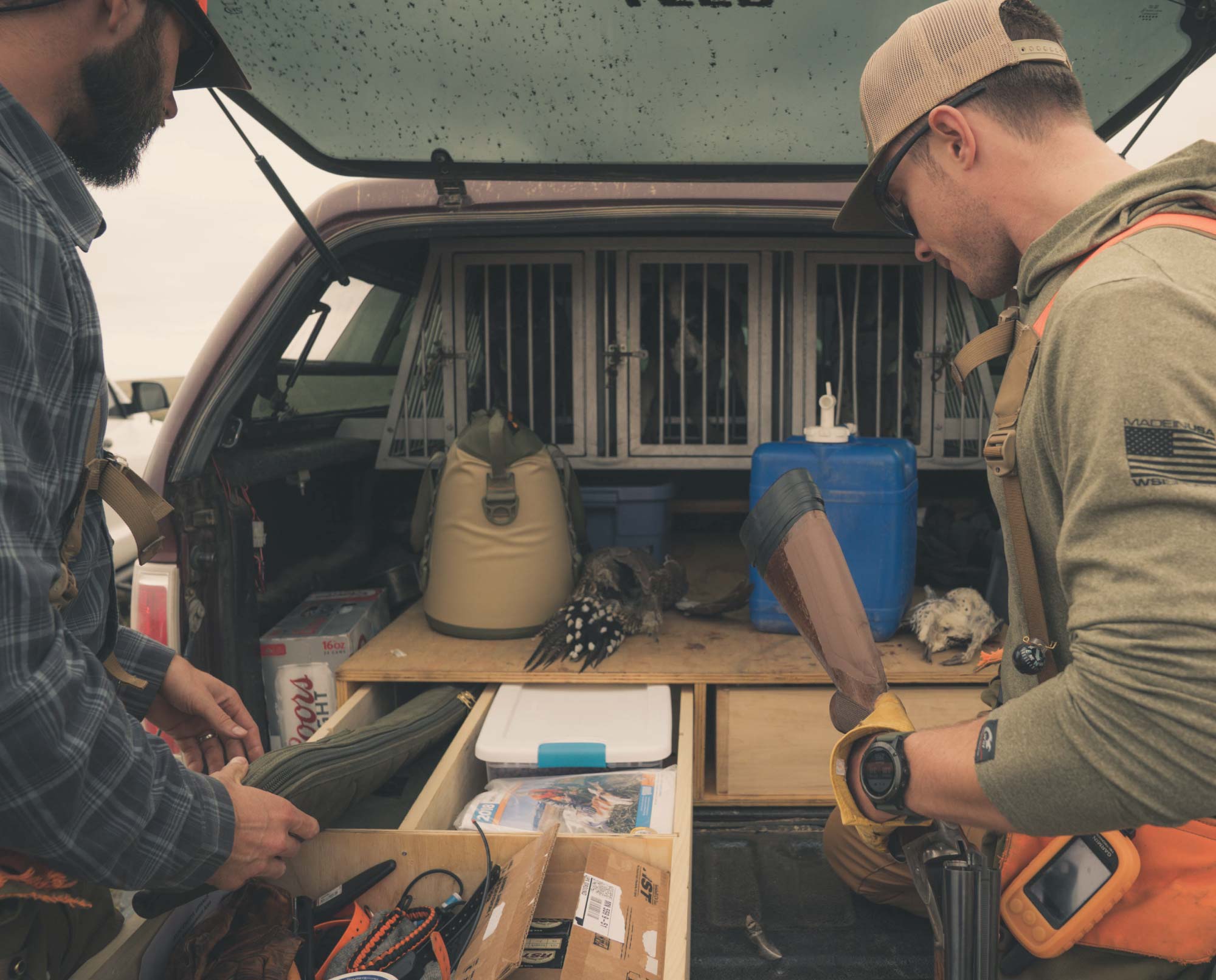
Prepare for your next bird hunting trip with this helpful packing list
I am a list maker. There, I admit it. It’s in my genetic code. Some quirk in my personality derives satisfaction from checking things off lists after they’ve been completed. Lists allow me to complete goals by eating the elephant one bite at a time.
One of my lists started thirty years ago before a pheasant hunting trip to south-central Kansas. On the same trip the previous year, I had forgotten a couple of core items and I was determined to not let that happen again.
Full disclosure, this is not intended to be the end-all/be-all road trip list for every hunter. My hope in sharing my list and the rationale behind it is to help others avoid that sinking feeling in the pit of their stomach when they realize they have forgotten a key piece of gear that will make a difference to their experience in the field.
“A” List hunting road trip items
My “A” list contains gear without which you will not be able to hunt. You may be thinking, “Well, duh!” on these items, but I just read a story about a hunter who traveled halfway across the country to hunt pheasants, only to realize he had forgotten his shotgun at home. These pieces should be the first to get organized and the first to be loaded into your vehicle.
- Shotguns: Yes that’s plural. I always pack a primary and backup shotgun. Things happen in the field and you want a reliable, familiar second to call up for duty if necessary.
- Shells: Your shotgun certainly won’t hit anything without shells and you can’t always rely on your hunting pals for ammo.
- Clothing and boots: This should include brush pants or chaps, your game vest, layers of clothing, wool/wool blend socks, and your boots. I always bring two pairs of boots; again, one primary and one backup just in case.
- Medications/first aid kit: My brother-in-law is an E.R. physician, so my family never lacks for first aid kits. He was also kind enough to whip up a canine first aid kit for my Lab. Additionally, some medical conditions require prescription medicines. Toss them in first, because you may be many miles away from a pharmacy.
- Extra vehicle keys: There are only two kinds of people: the ones who have lost their vehicle keys and the ones who are going to lose their vehicle keys. It’s easy enough to misplace keys around the house, let alone alongside a 160-acre CRP field when you’re excited to go after a pair of roosters you saw. Place your primary keys on a spring clip/carabiner so that they can be secured to a belt loop or D-ring on your game vest. Your backup set needs to be in a secure location, too. Some folks like the magnetic “hide-a-key” containers that can be secured under a vehicle bumper. If you’re concerned about possible vehicle theft, simply hand them to a trustworthy hunting partner and make sure they’re secured in a zippered pocket.
Read: Bird Hunting by Car – Working with What You Have
“B” List hunting road trip items
These are not hunt-critical pieces of gear but, still, you don’t want to be without them. I typically travel to hunt only two or three times a year and I want to make the best memories possible, rather than have a trip tainted by a missing piece of gear.
- Water container: I have two seven-gallon water containers that I picked up at my local supermarket. I fill them with water from my house and use them for drinking water for me, my hunting partners, and my dog. Consuming water from different towns can sometimes cause stomach discomfort in both humans and canines, so I choose to pack my own H2O.
- Raincoat: A lightweight, packable raincoat stores easily in a game vest for those days when the meteorologist predicts a “light mist” that turns into a steady rain. Staying dry means staying warm and staying warm will keep you out in the field.
- Gaiters: I keep a lightweight pair of gaiters in my upland pack to use in areas that are notorious for filling my boots with burrs and tiny seeds. They’re fairly inexpensive and they’ve saved me countless times from a sock-full of annoying plant debris. These are also good to help keep your feet dry when pushing through wet grass.
- Small folding table: I have a cheap folding table that has been used for everything from a workbench to cleaning birds to tailgate lunches; cleaned in between, of course! Small tables don’t take up much space and are very handy when you need a solid working surface other than a tailgate.
- Game shears and/or bird cleaning knife: I keep my game shears in my ammo bag so I’m never without either one.
- Collapsible/accordion dog bowl: Most pet shops and pet supplies sections of grocery stores carry these. I like to keep one in my strap vest for in-the-field rest stops with my Lab.
- Gun cleaning items: You don’t need an entire cleaning kit, but I like to at least bring along a cleaning rod, a brass bore brush, and a small container of cleaner/lubricant/preservative (CLP).
- Multi-tool or Swiss Army knife: I never, ever head out on a road trip without either a Swiss Army knife or a small multi-tool, or both. They are compact and contain 95% of the tools you may need to field-strip your shotgun or make small repairs.
- Bag balm: A classic, simple moisturizer that can be used to soothe both a dog’s pads and a hunter’s dry hands after a long day in the field. Every evening I make a point to apply some balm to my Lab’s pads prior to her curling up for her nightly snooze. She works her butt off for me, so it’s the least I can do.
“C” List hunting road trip items
These items align with the philosophy of one of my hunting partners who frequently says, “I didn’t come out here to rough it, I came to smooth it!”
- Trash bags: I preach to my sons to leave an area better than we found it, so I always pack some small and medium-size trash bags. Walmart grocery sacks make great small trash containers and a handful of tall kitchen bags are good for larger items.
- Headlamp: I use a headlamp on duck hunts and often for chores around the house. They’re handy if you are cleaning birds after dark to keep both of your hands free while wielding a sharp knife or game shears.
- Jar of peanut butter: If you need a quick pick-me-up in the field, a few spoonfuls of peanut butter usually do the trick.
- Coffee: My local coffeehouse roasts some of the best coffee around, so I toss in a few bags to give as gifts to friends I hunt with. A bag of good coffee also makes a nice token of thanks to landowners who have graciously granted permission to hunt on their land.
Other tips for packing for a bird hunting trip
My road trip packing lists are now all digital. They began on small memo pads years ago, but have evolved into living, breathing documents that I can access by laptop, smartphone, and tablet. List items are organized with a checkbox next to each one so that as items are packed into my vehicle, I can easily check them off the list.
Road trip packing lists are a great way to extend hunting season throughout the year. Soon after hunting season ends in late winter, start your wish list of items you want to purchase prior to the next hunting season. Seize the moment while they’re fresh in your mind. This allows you to budget for these purchases throughout the year and even catch some after-season sales.
Again, these tips are not meant to cover every single item one needs for a hunting road trip. Everyone has their own unique quirks, so use that to your advantage. I’ve stolen a ton of great ideas from my hunting partners’ lists over the years. Spend the majority of your prep time on your core “A-List” items that are critical to your ability to hunt. Then knock out the remaining items in an organized, strategic manner.
A hunting trip should be a cherished time to share with family and friends. It should not be one more cause of stress in our already stressful lives. With a little planning and a good road trip packing list you can start off on a positive note toward creating priceless memories of time in the field doing what you love. Safe travels, my friends.



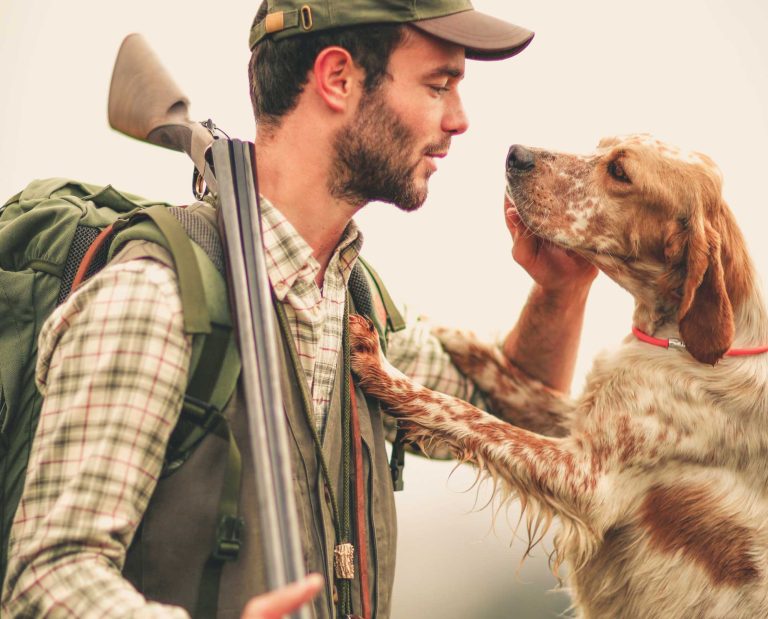
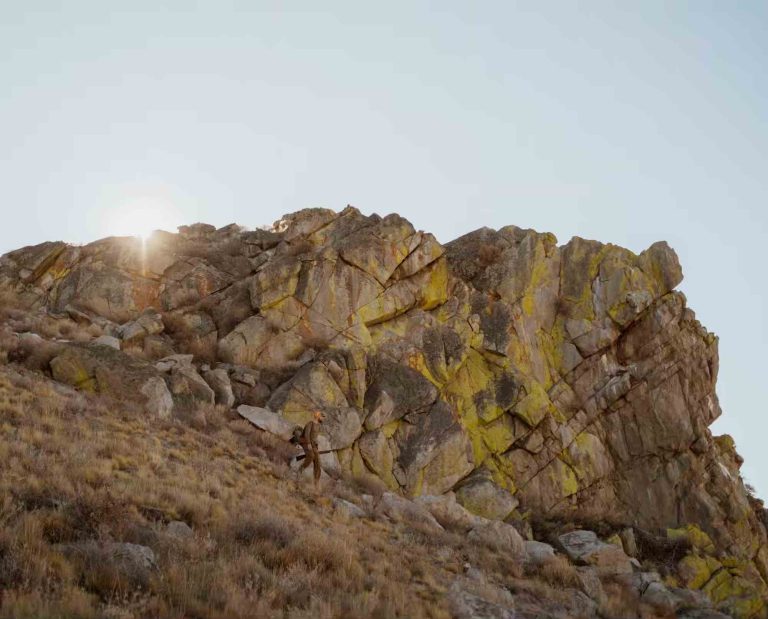
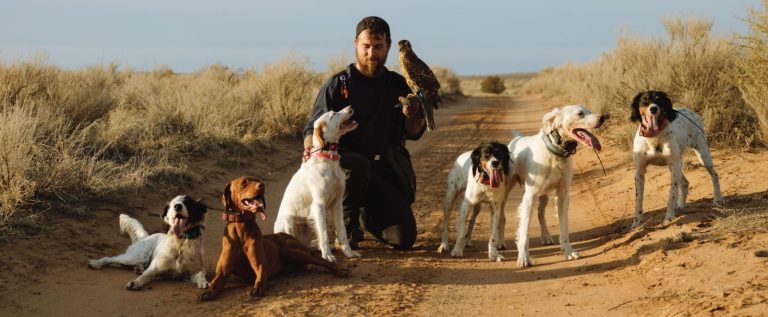
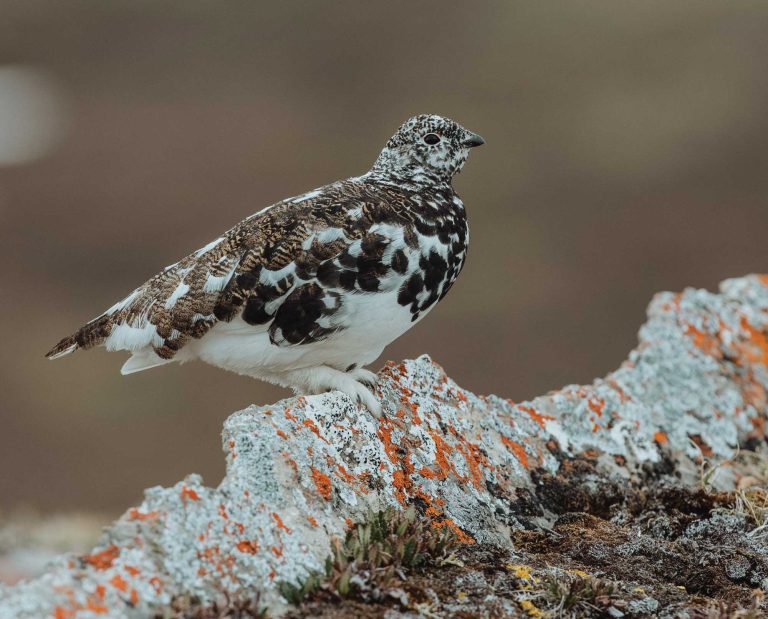
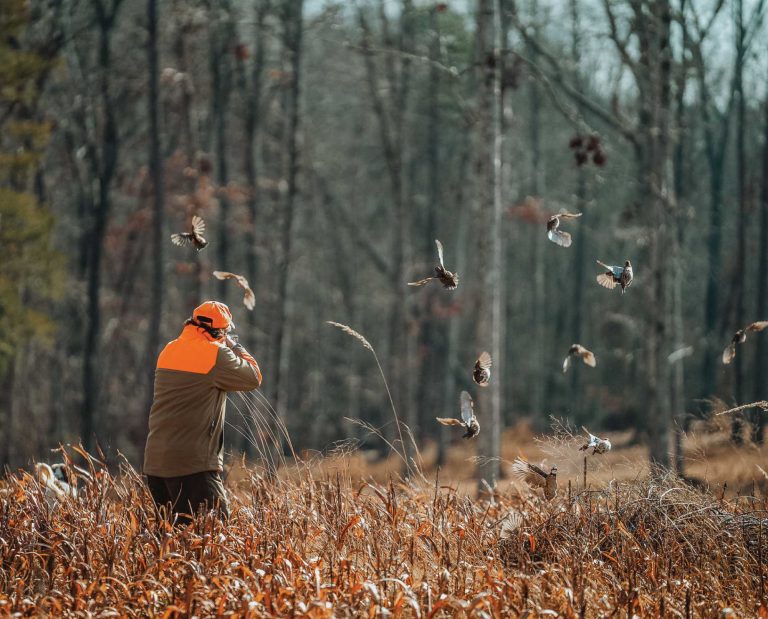
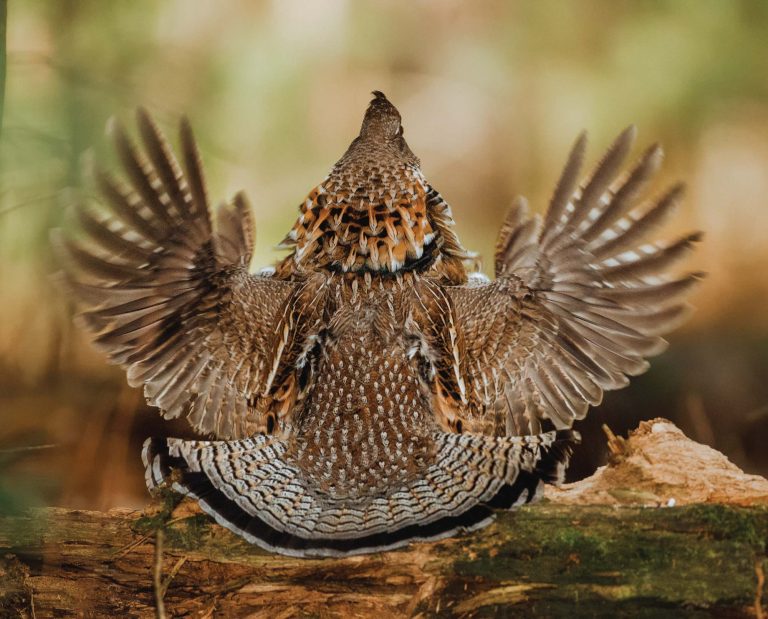
Good article. Just a quick comment on hiding keys. With the new electronic FOBs it’s getting harder to hide one somewhere on the vehicle since they allow electronic access to anyone near the vehicle. The better idea is to give the second one to friend assuming you are not hunting alone.
Thank you for reading my article, Mr. Potyondy. Great point on electronic key FOBs. I guess I’m showing the age of the vehicle I drive! I agree in giving an extra vehicle key to a hunting partner. Thank you, again, for reading the article and for your comment. Have a great rest of your bird season.
RE: “…when you’re excited to go after a pair of roosters you saw.”
never chase birds you see on your way to a staging site – moreover, better to let your dogs find birds in the field, not direct them to where you saw a couple, that if you did catch up to would by then certainly be running like bandits, tempting the dogs to start chasing – last thing I want my dogs doing
now as for the extra key and the hunting buddy – usually go alone, but if not usually take the other guys truck – see why here: always have a key hidden under the chassis of my 27-year-old PU
Depends on the time of year, but late season in the Dakotas when snow could be around and you might be traveling miles away from the nearest house or major road, I always carry a shovel, tow strap, and tire grips; and never leave town in the morning without a full tank of gas.
I pack the same way I would hunt what do I use on a good day and what do I need on the worst day kind of covers everything.
MS
Great ideas – it’s usually the most basic things that you forget (like a gun) and remember all the extra crap. When I finally pull out, I always go thru my head – Gun; check. Dog; check. Boots; check. Shells; check. Everything else is bonus. But I do have to add just one thing: preload the contact info for the local veterinarians into your phone. When ol’ Sparky plows into that barbed wire a hundred miles from nowhere, with sparse cell coverage, it’s good to know which direction to head for assistance!
Dont forget a tourniquet in your first aid kit. It may be the difference between life and death for your k-9 or you. I know this from experience.
Thanks to everyone for reading the article and for your comments. Great thoughts and additions. I picked up a few new items for my road trip lists! Enjoy the remainder of your bird seasons.
Always have a compass on my vest. Easy to get turned around in the woods and phones rely on batteries. Remember electronic collar chargers and spare batteries for those that need them. Ziplocks. Leashes. Spare boot laces. Old towels. Dog brushes. Duct tape. Whistles. Copies of hunting licenses.